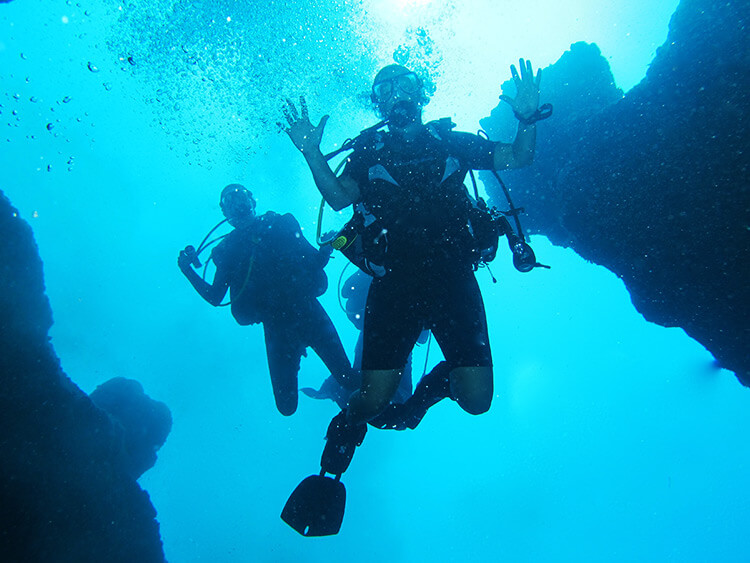
Breathing Freedom: Exploring The Benefits Of Dive Tanks
When it comes to exploring the underwater world, dive tanks play a pivotal role in providing scuba divers with the necessary supply of air. These pressurized containers enable divers to stay submerged for extended periods, opening up a whole new realm of adventure and discovery. In this article, we will delve into the benefits of dive tanks, exploring how they provide divers with the freedom to explore and experience the wonders of the underwater world.
Extended Dive Times
One of the primary advantages of dive tanks is the ability to extend dive times. Unlike breath-hold diving, where divers are limited by their lung capacity, scuba tanks supply a continuous stream of air, allowing for longer periods underwater. This extended dive time allows divers to fully immerse themselves in the marine environment, observe fascinating marine life, and explore underwater landscapes that would be otherwise inaccessible.
Increased Mobility
Dive tanks provide divers with a remarkable level of mobility, granting them the freedom to move about underwater with ease. By wearing a tank on their back and utilizing a buoyancy control device, divers can achieve neutral buoyancy, enabling them to effortlessly navigate through the water column. This increased mobility facilitates exploration and ensures that divers can reach greater depths and explore intricate underwater formations.
Exploration Of Deeper Depths
With the aid of dive tanks, divers are not limited to the shallow areas near the water’s surface. These pressurized containers provide divers with the ability to venture into deeper depths, where a whole new world awaits. Deeper dives open up opportunities to encounter unique marine species, explore breathtaking coral reefs, and uncover hidden shipwrecks. The ability to explore these deeper depths offers divers an entirely different perspective on the underwater world.
Enhanced Safety And Comfort
Dive tanks contribute significantly to the safety and comfort of scuba diving. The continuous supply of air ensures that divers have a stable source of breathing gas, minimizing the risk of hypoxia or drowning. This reliable supply of air also allows divers to maintain a calm and relaxed state while underwater, enhancing their overall diving experience. Furthermore, dive tanks equipped with modern buoyancy control systems and integrated pressure gauges enable divers to monitor their air supply and ascent rate, ensuring a safe and controlled return to the surface.
Access To Remote Locations
Certain underwater sites are inaccessible without the aid of dive tanks. Remote locations such as deep-sea caves, offshore reefs, and underwater canyons often require divers to descend to significant depths. These locations, which may be teeming with unique marine life and stunning geological formations, offer a sense of unexplored territory and adventure. Dive tanks provide divers with the means to access these remote locations, allowing them to witness the hidden beauty of the underwater world.
Underwater Photography And Videography
The benefits of dive tanks extend beyond exploration; they also play a crucial role in capturing the mesmerizing beauty of the underwater world. Underwater photography and videography enthusiasts rely on dive tanks to extend their time underwater, ensuring they have sufficient opportunities to capture stunning images and footage. These tanks provide the necessary air supply for photographers and videographers to set up shots, focus on composition, and capture the intricate details of marine life, coral reefs, and other captivating underwater scenes.
Training And Skill Development
Dive tanks are an integral part of scuba diving training programs. Aspiring divers learn to manage their air supply, monitor their equipment, and maintain buoyancy control—all of which are essential skills for safe and enjoyable diving. The use of dive tanks during training allows divers to become familiar with the equipment and develop the necessary skills to navigate underwater environments confidently.



